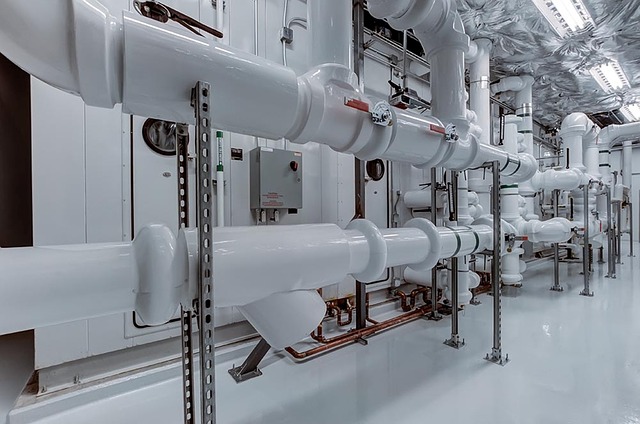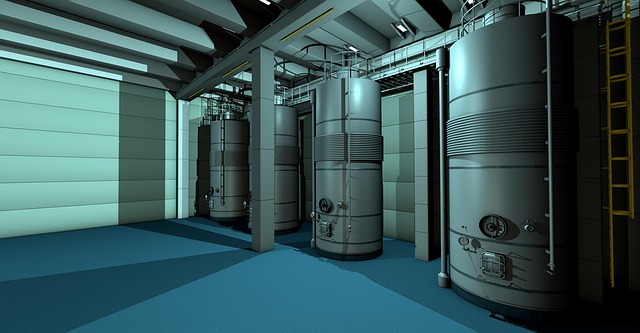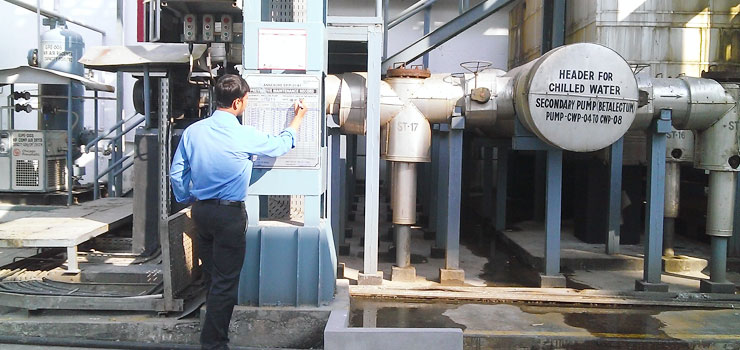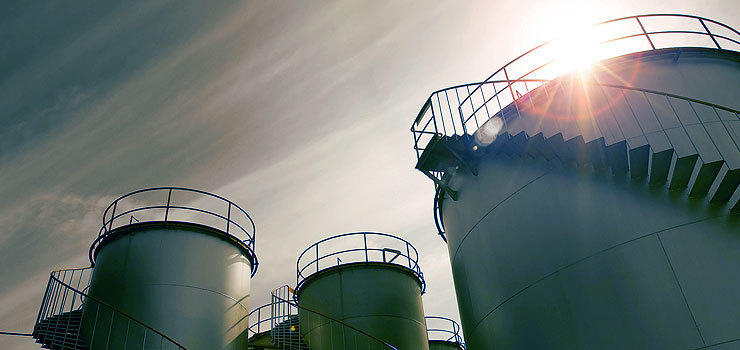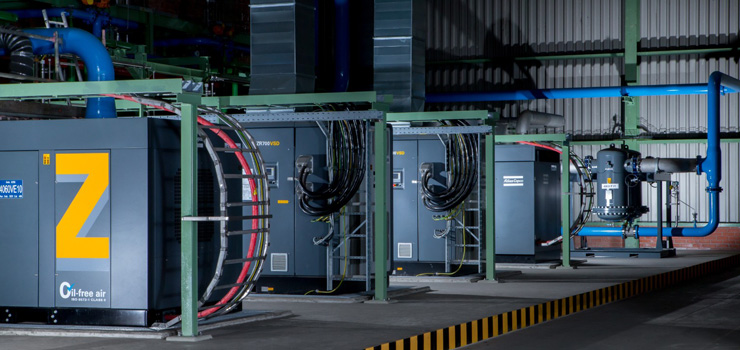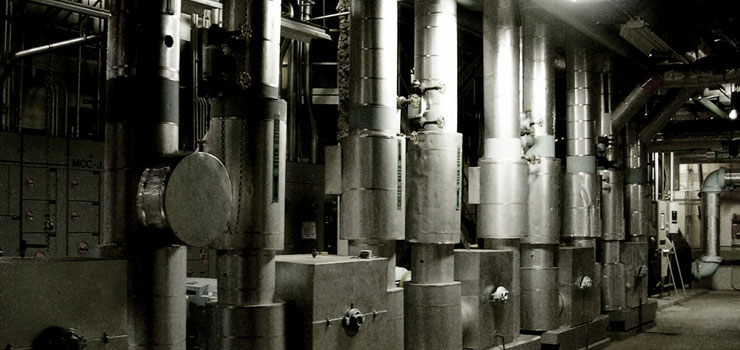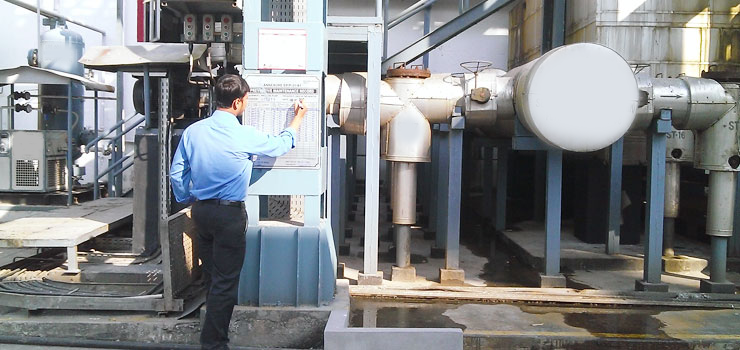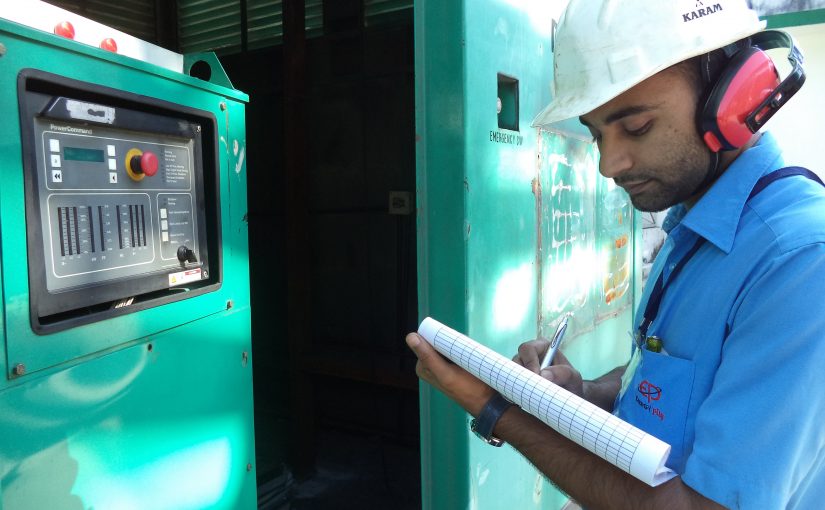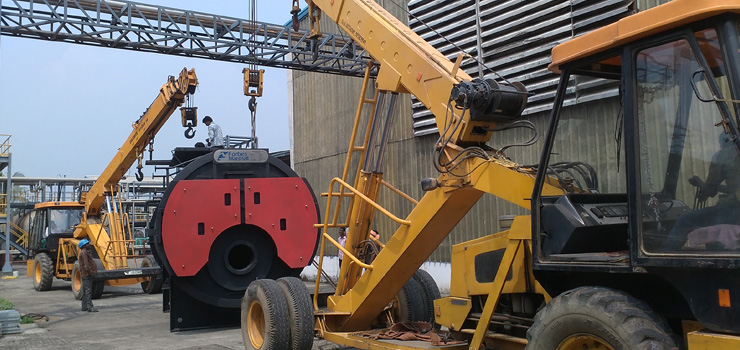Be it any sector or industry but the Industrial Pipeline often are the backbone of many. So for the efficient functioning of these industries smooth working of the pipeline systems is critical. So this is why you need the right installation and maintenance of these systems so that they function properly without any difficulty in the long run. Unfortunately, it is seen that utilities frequently experience failures in recently installed piping systems. The risks associated with improper piping systems are many.
Major hazardous operational risks
Improperly installed and poor quality piping systems offer significant operational risks. These could be all the more if the piping systems are used for carrying hazardous materials. Thus any leak or defect in these pipelines could lead to major hazards. Thus care must be taken so that these piping systems are installed properly. They must be carried out by experts in the field.
Improper installation lead to higher Repairing and Maintenance Costs
It is seen that if the piping systems have not been installed rightly, then soon it may lead to a significant escalation of repairing and maintenance costs. To keep the costs low for better profitability has become critical in the age of cut-throat competition. This is another major risk which is involved with the improper installation of piping systems. So the right installation of the piping systems initially would mean lower costs and thus better profitability in the long run, which is critical in this very competitive industrial scenario.
Meeting strict safety regulations
Certain industries have very strict safety norms and regulations. Failing to meet these strict industrial safety regulations may threaten the very survival of the plants. This is why proper installation, as well as maintenance of piping systems, is an essential requirement for any industry. This is why you need the experts in the field who can do the job of industrial piping systems well.
Energy Plus India: Experts in the field
For any industrial utility operation in India, Energy Plus India are the undisputed leaders in the field. We are an ISO 9001: 2015 Company based in Kolkata who been offering the best Industrial Utility Management Solutions and services under one roof, over a long period that begun way back in the year 2001. We offer a wide range of the industrial related key services like installation of the boiler in India, along with Industrial Chimney Installation in India, and much more. As a part of services, we are also experts in the field of Industrial Utility Pipeline installation which has become an essential requirement for various industries and sectors.
Being in the field of providing the best industrial utility management solutions and services since long we have a very rich experience and helps us provide the best services. Apart from this, we act as the single window for multiple industrial services. This means that you need not run around for availing the different industrial service providers. You can have all the most essential industrial services under one roof. It is this experience which helps us to stay updated with the latest safety norms and thus we can provide you with the best industrial services at all times.
So be it for industrial pipeline installation or any other industrial service make sure to Contact Us! for the best services in the field

